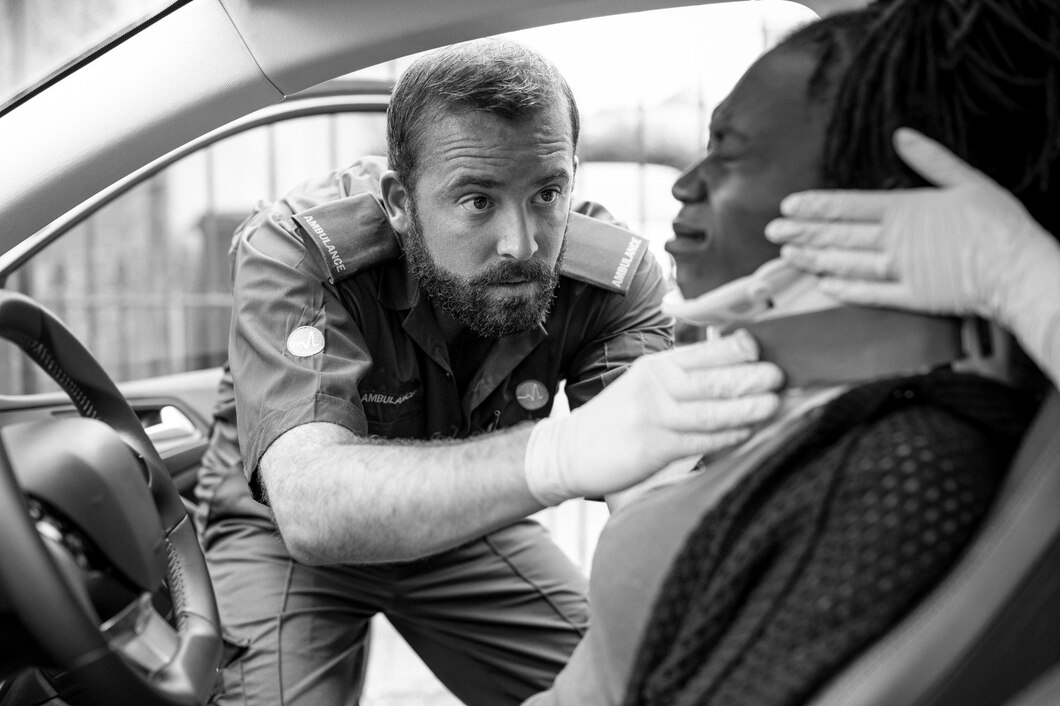
Eastgate Physiotherapy in Sherwood Park specializes in MVA injury rehabilitation, providing comprehensive care to help you recover and regain your quality of life after an accident. Our experienced team of physiotherapists, chiropractors, and massage therapists is dedicated to offering personalized treatment plans tailored to your specific needs. We understand that motor vehicle injuries can be physically and emotionally challenging, which is why we offer a supportive and compassionate environment to guide you through the recovery process. From pain management and functional restoration to mobility improvement, our goal is to get you back on the road to recovery swiftly and safely. With a focus on your well-being, Eastgate Physiotherapy is here to help you reclaim your health and vitality after a motor vehicle injury.
Physiotherapy for whiplash injuries in Sherwood Park offers a multitude of benefits to individuals recovering from accidents. These benefits encompass physical, emotional, and overall well-being:
Pain Relief: Rehabilitation helps manage and alleviate pain caused by injuries, promoting a smoother recovery process.
Improved Mobility: It enhances flexibility and range of motion, aiding in the restoration of normal movement patterns.
Faster Recovery: Tailored rehabilitation programs expedite recovery by targeting specific injuries and facilitating the body’s natural healing processes.
Prevention of Chronic Conditions: Rehabilitation reduces the risk of long-term complications and chronic pain associated with motor vehicle injuries.
Enhanced Strength and Endurance: Patients regain physical strength and endurance through carefully structured exercises and therapies.
Emotional Support: Rehabilitation often includes counseling or psychological support to address the emotional trauma that can accompany accidents.
Restored Independence: Regaining the ability to perform daily activities independently is a significant psychological boost.
Better Quality of Life: Overall, motor vehicle injury rehabilitation aims to improve the patient’s quality of life, promoting a return to normalcy.
Reduced Healthcare Costs: Timely rehabilitation can help lower healthcare costs by preventing the need for prolonged treatments.
Peace of Mind: Knowing that you are actively working towards recovery and wellness can bring peace of mind during a challenging time.
Functional Adaptation: Rehabilitation helps patients adapt to any permanent physical limitations, allowing them to lead fulfilling lives.
Safety Education: Patients receive valuable education on injury prevention and safe practices to avoid future accidents.
In summary, motor vehicle injury rehabilitation is a comprehensive approach to recovery that addresses both physical and emotional aspects, promoting a quicker, more holistic healing process and ultimately improving the patient’s quality of life.

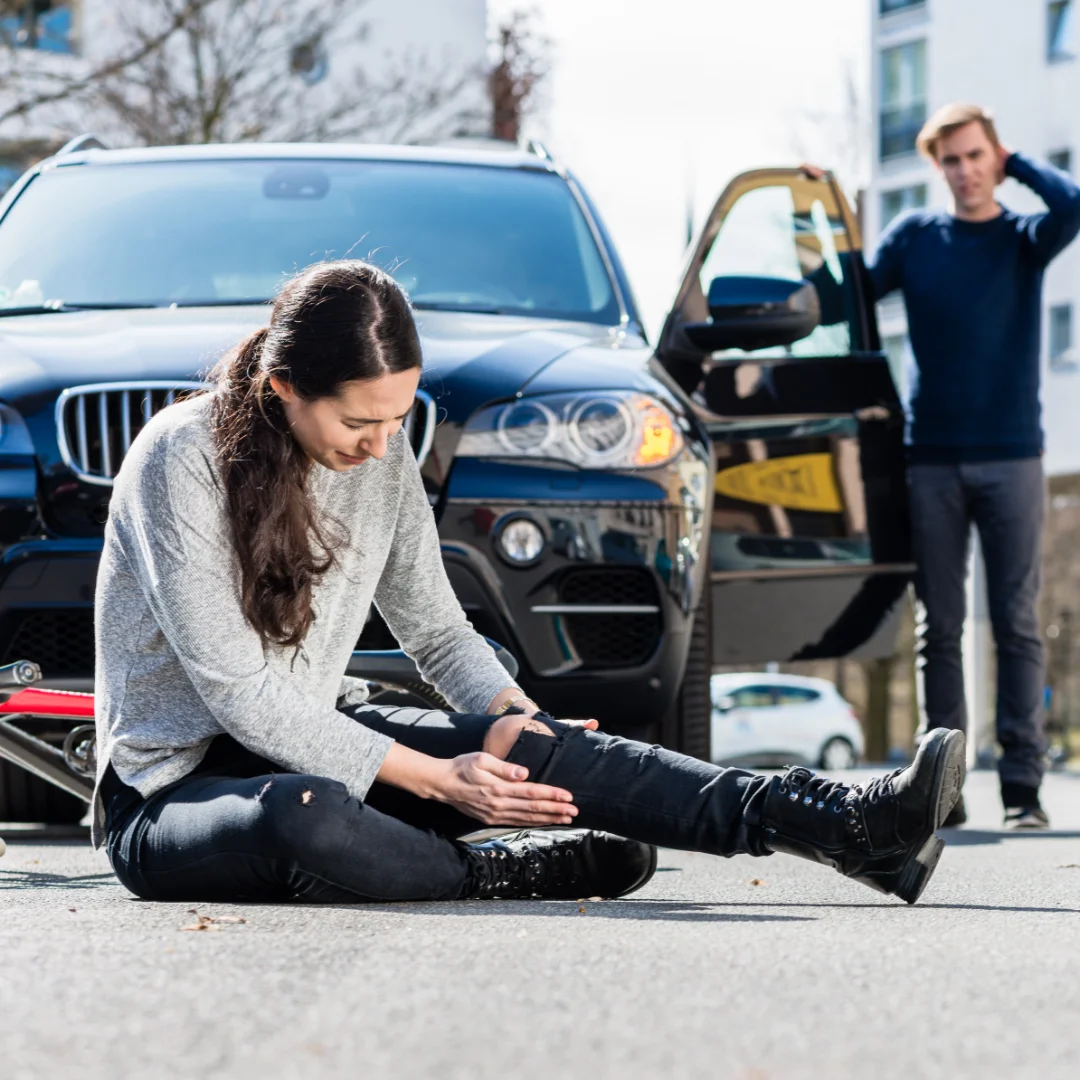
Assessment and Diagnosis: The process begins with a thorough assessment of the patient’s condition. This includes identifying the type and extent of injuries, as well as understanding the patient’s medical history and specific needs.
Individualized Treatment Plan: Based on the assessment, the physiotherapist develops a personalized treatment plan. This plan takes into account the patient’s unique circumstances, including pain levels, mobility restrictions, and any pre-existing conditions.
Functional Restoration: The focus then shifts to restoring function and mobility. This may involve a range of exercises and therapies designed to increase joint flexibility, muscle strength, and overall physical capabilities.
Education and Self-Management: Patients are educated about their injuries and provided with tools and strategies for self-management. This includes advice on home exercises and lifestyle modifications to support recovery.
Progress Monitoring: Regular progress assessments are conducted to adapt the treatment plan as needed. The physiotherapist evaluates how well the patient is responding to treatment and makes adjustments accordingly.
Psychological Support: Motor vehicle injuries can often have psychological impacts. Physiotherapists offer emotional support and techniques for managing stress and anxiety during the rehabilitation process.
Preventing Future Complications: The rehabilitation process aims not only to address immediate issues but also to prevent long-term complications. Patients are guided on how to minimize the risk of future problems related to their injuries.
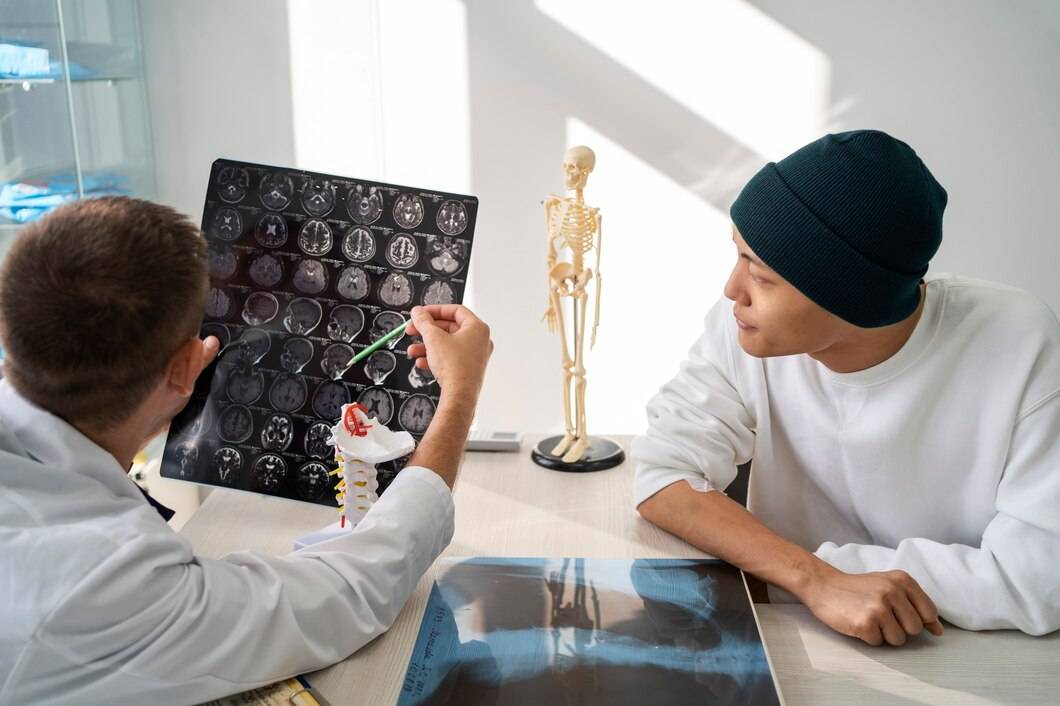
Eastgate Physiotherapy in Sherwood Park is your trusted partner in concussion rehabilitation.
Read More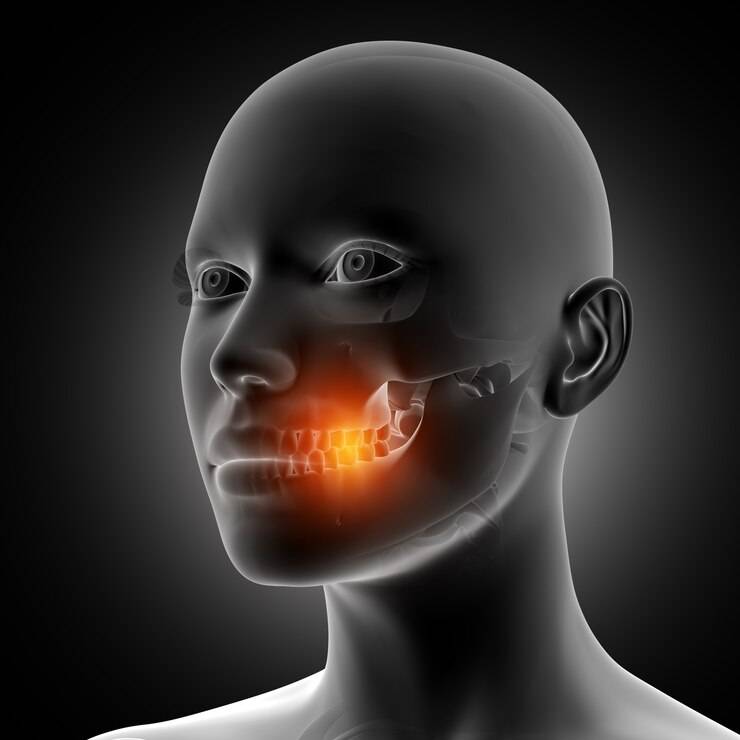
Eastgate Physiotherapy in Sherwood Park specializes in Temporomandibular Joint (TMJ) rehabilitation
Read More
Restoring health and mobility through targeted exercises, manual therapy, and holistic wellness strategies.
Read More
Massage therapy can effectively alleviate various types of pain, including muscle tension, joint stiffness, and chronic pain conditions.
Read More
Traditional Chinese therapy using fine needles to stimulate specific points for pain relief and overall wellness.
Read More
IMS is a therapy using fine needles to treat muscle pain and tension through trigger point stimulation.
Read More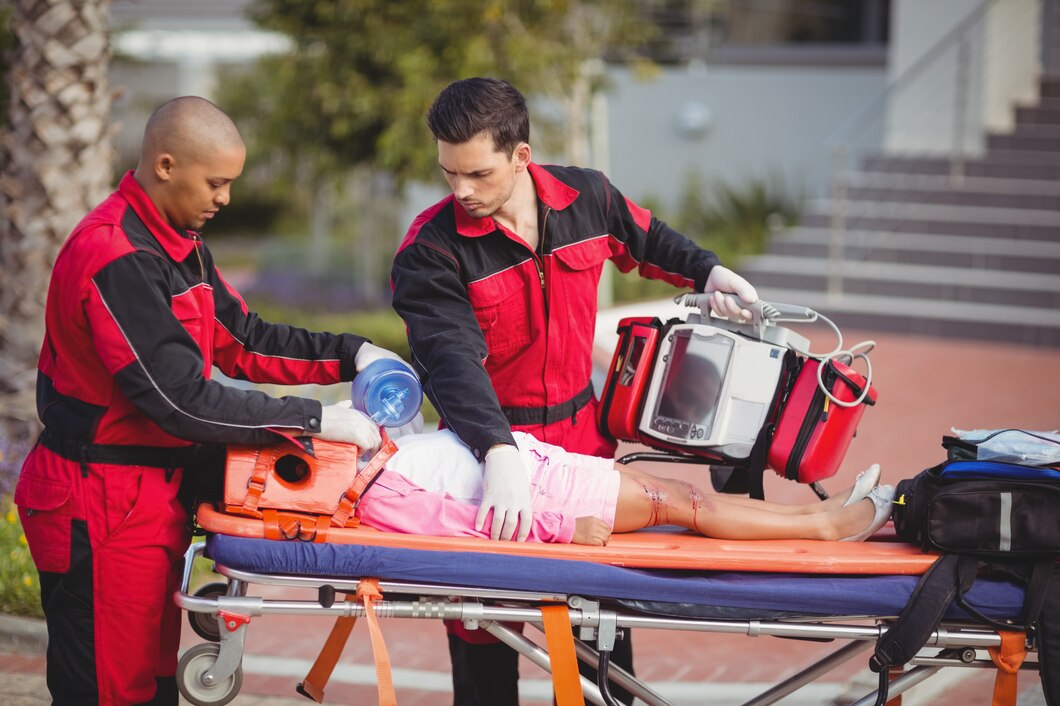
Motor Vehicle Injury Rehabilitation: Tailored care to recover from accidents and regain mobility and well-being.
Read More
Sports injuries require careful management; sports conditioning optimizes performance, reducing the risk of future injuries.
Read More
Vestibular rehabilitation restores balance and reduces dizziness through targeted exercises and therapeutic techniques.
Read More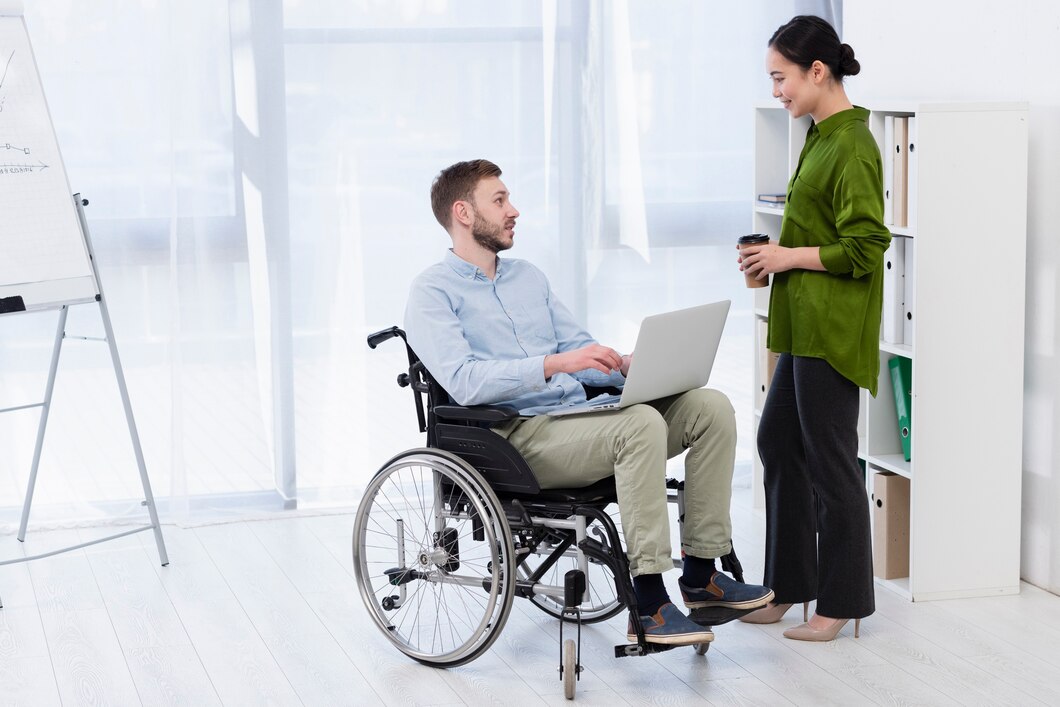
Workplace injury rehabilitation aims to restore health and functionality after work-related accidents, promoting recovery and safety.
Read More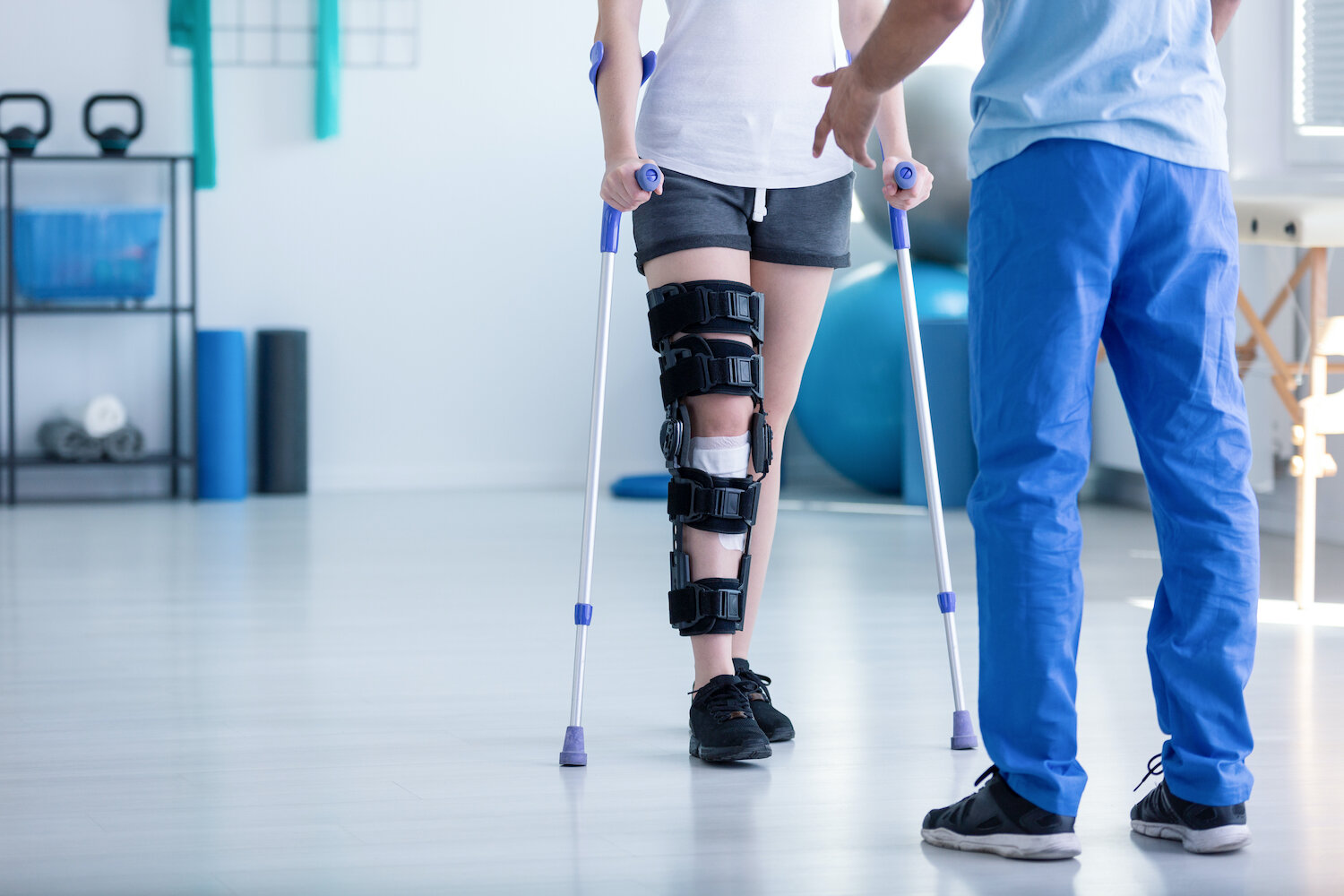
Optimize surgery outcomes with tailored pre and post-surgery rehabilitation for enhanced recovery and wellness.
Read More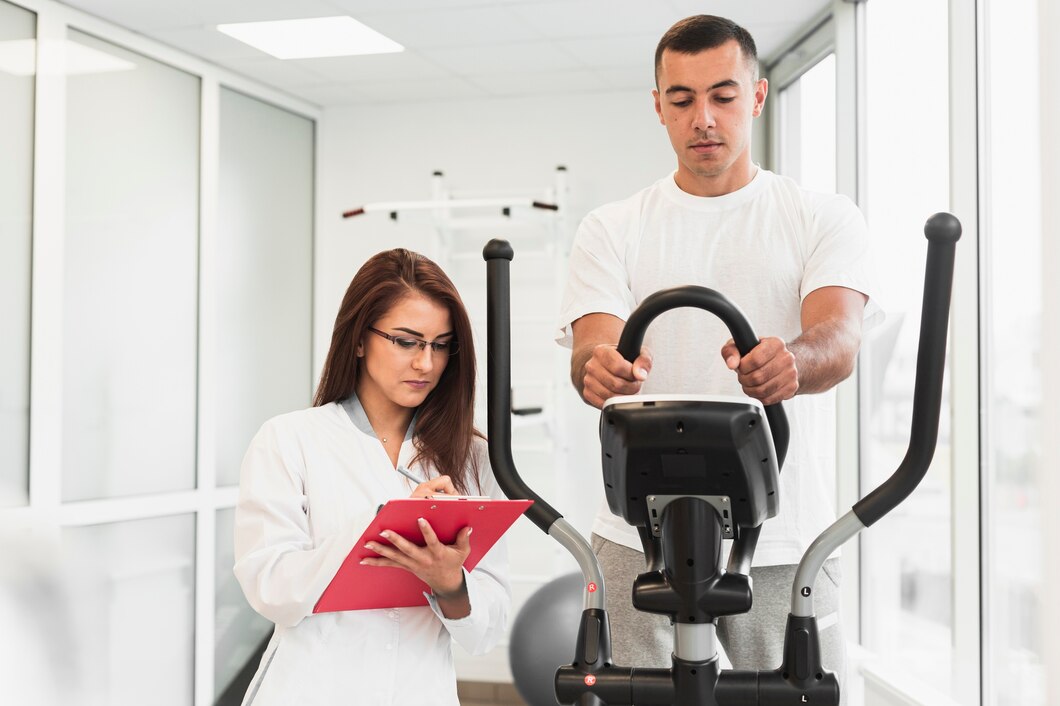
Functional Capacity Evaluations assess an individual's physical abilities, helping determine work-related capabilities and restrictions.
Read More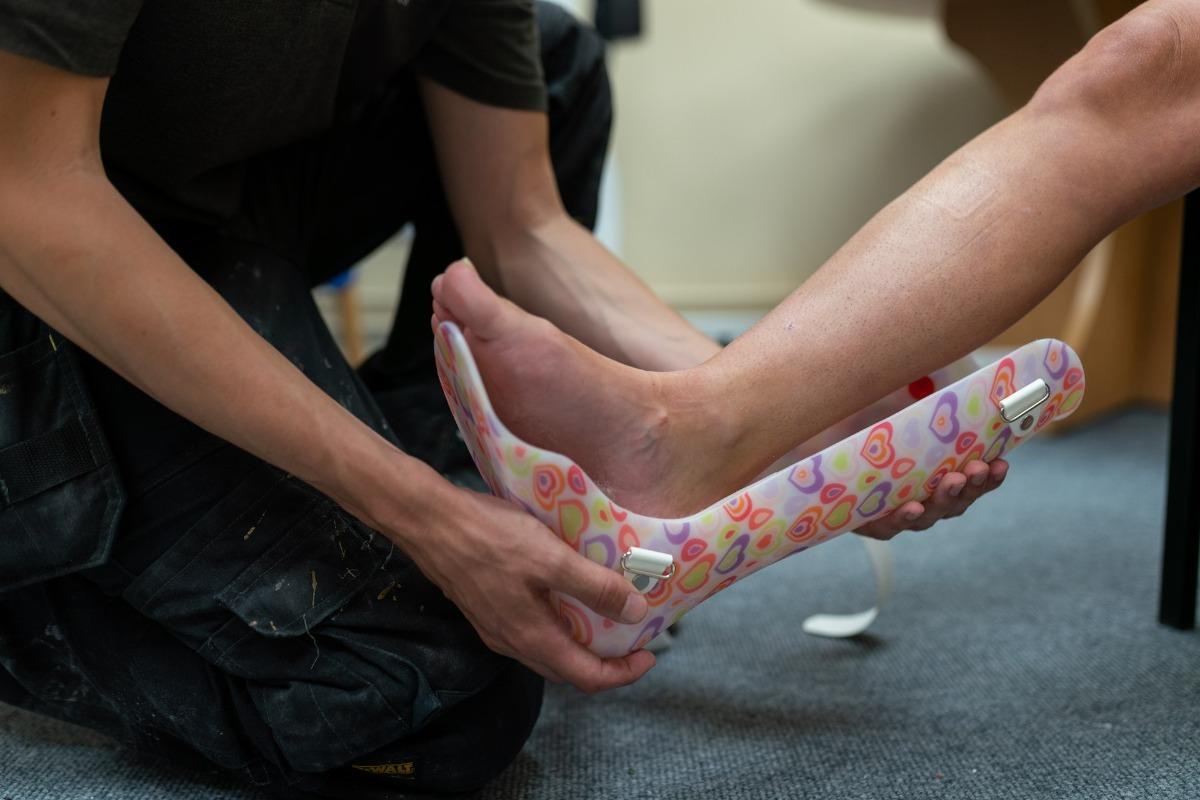
Custom orthotics alleviate various foot problems by providing tailored support and comfort for improved mobility.
Read More